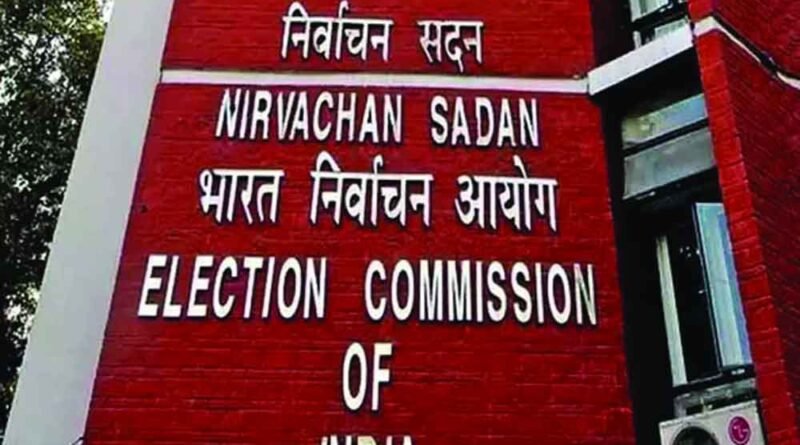Confusion over freebies
The Election Commission seems to be steering clear of the mess of freebies our politicians have created
The Election Commission of India’s (ECI’s) views over freebies are not very helpful in evolving any consensus over the issue. In its affidavit in the Supreme Court, the poll panel said, “’Freebies can have a different impact on society, economy, equity depending on the situation… For instance, during natural disasters/pandemic, providing life-saving medicine, food, funds, etc., may be a life and economic saviour but in normal times, they could be termed ‘freebies’.” Perhaps the constitutional body doesn’t want to wade into the mess politicians have created in the political arena and is, thus, deliberately evasive; it is, however, indubitable that its remarks don’t add anything towards the resolution of the issue. Delhi Chief Minister Arvind Kejriwal, on the other hand, believes in a disingenuous strategy: If you don’t want to solve a problem, philosophise it; and if you still want to be seen as serious, politicise it as well. Soon after Prime Minister Narendra Modi berated against what he called the “revdi culture” on July 16, Kejriwal began defending by offering the strangest of arguments. For instance, he asked whether free education and healthcare be called as freebies. The Prime Minister had rightly said freebies are “very dangerous” for economic development. But nobody seems to be interested in addressing the issue in a proper manner—not even the Bharatiya Janata Party. Nothing else explains BJP leader Ashwini Upadhyay’s petition in the Supreme Court in which he sought restrictions on parties on distributing “irrational freebies” before elections.
But shouldn’t people move court only after they have failed to resolve some issue among themselves? There is nothing in the public domain to suggest that Upadhyay or any other BJP leader discussed the matter on a party platform, let alone try to evolve a consensus among all parties. After all, the problem of freebies is a political one, so the solution too has to be political in nature. For the truth is that the freebie culture, which is unbridled populism, is something all political parties, including the BJP, promote. In fact, all of them vie with each other in the game of competitive populism. But just because everyone does something improper doesn’t mean that it has become proper. But Kejriwal, who is also the Aam Aadmi Party boss, doesn’t want any restrictions on or distinctions between various freebies. He is of the opinion that free electricity or free public transport for women in the national capital is not a freebie; this is just a state government discharging its “constitutional responsibilities” to create an equitable society. This is incorrect, for no reading of the Constitution or its preamble suggests that the founding fathers of our republic wanted the government to distribute free goods and services. Nor was our freedom struggle about freebies; it was about free India and free Indians. We hope that the Supreme Court drills these simple facts into the heads of our political masters.
Source: The Pioneer




